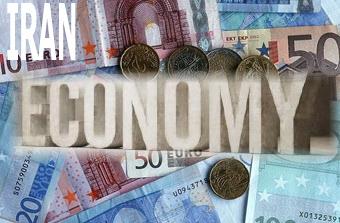
Iran Focus
Tehran, 23 Apr – Iran’s economy is set to receive a boost as economic sanctions are lifted. Following the agreement with the P5+1 billions of dollars are set to circulate through Iran in the coming months. But decades of sanctions and crony-capitalism have left the Iranian labour market in poor shape.
A state broadcast in March 2016 showed workers protesting and venting their frustration at a reporter trying to interview them. The workers had not been paid there dismally low wages for months and were angry at how Article 44 of the constitution was being ignored.
Article 44 sets out the economic system of Iran based on public, co-operative and private sectors. The Iranian Revolutionary Guard Corps (IRGC) and other government institutions own almost 80% of the industry and services in Iran. The proportion of capital redistributed to the workforce is between 5.5% and 10% in a lot of cases.
Privatisation, which is set to increase now the West is involved, results in asset stripping. Profitable niches are sold off and factories are closed. The Panama Papers leak revealed that then US-blacklisted Iranian oil company Petrocom, Petropars and the Oil Industry Investment Company (OIIC) had dealings with Mossack Fonseca. Employers take home the vast majority of profits paying their employees one of the lowest hourly rates in the world.
Figures from the Organisation for Economic Co-operation and Development (OECD) show Iran’s hourly wage at $1.91. That’s five times less than the wage in Australia ($9.54). The minimum wage in Iran is 8.1 million rials, equivalent to $286 or £190, per month. The Iranian minimum wage is set by the Central Bank of Iran using the rate of inflation as a guide.
Last year wage growth was 14% and inflation 12%. Fatollah Bayat of the Contract Workers Labour Union argued that the calculations used “were not tangible” to the lives of workers. A basket of 330 goods is used by the Statistical Centre, yet Bayat said that workers would not be able to buy “more than 250” of the goods in [their] whole lifetime”, according to a report on the NCRI website.
Gholamreza Abbasi, the Secretary-General of the Supreme Labour Council said on state television that in Iran “80% of workers live under the poverty line”. Article 41 of the labour law is supposed to guarantee the minimum wage to all workers and it must be sufficient to support a family of four.


